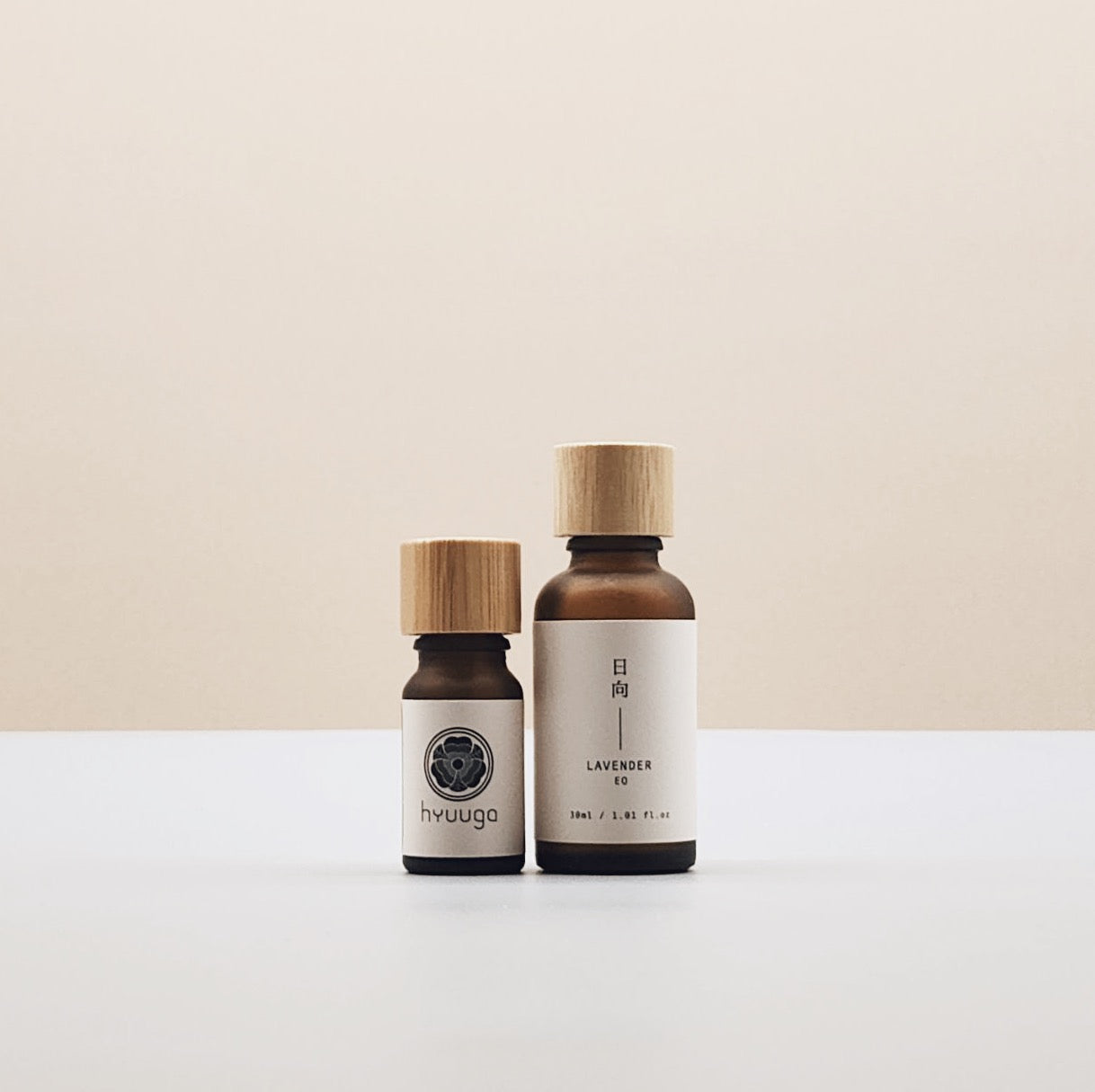Lavender Essential Oil
- Regular price
- $30.00 SGD
- Regular price
-
- Sale price
- $30.00 SGD




Handcrafted in small batches in Singapore
The ancient Greeks and Romans prized lavender for its perfume and for its cleansing properties. They lavished it upon their bodies in scented soaps and baths. The Romans are credited with naming it, although there are two different theories of the name's derivation. One theory holds that lavender comes from the Latin word lavare, meaning“ to wash,” while according to the other, it derives from the Latin word lividula, which means "bluish in color.” Ancient Romans added lavender to their bath to relieve fatigue and stiff joints.
Medieval Europeans considered lavender an herb of love. Many claimed that it had aphrodisiac properties, others touted its ability to keep the wearer chaste. England's Queen Elizabeth supposedly ate lavender conserves most mornings. Lavender flowers freshened sick rooms and were added to potpourris for their fragrance. They were commonly thrown on floors so that, when stepped upon, the flowers would release their essence into the air. This tradition continues today in Portugal and Spain.
European health professionals prescribe lavender oil for an array of ailments digestive disorders, earaches, respiratory illnesses kind disorders, and sore throats. Lavender oil clears the congestion and stuffiness of sinusitis and other respiratory ailments; it soothes sore throats, laryngitis, and tonsillitis. Lavender oil eases the pain and discomfort of muscular aches, spasms, and injuries and helps to heal bruises, cuts, and insect bites. It relieves the pain of migraines and tension headaches. It is also useful in reducing some of the symptoms of chronic fatigue syndrome and helps to boost immunity.
Lavender oil soothes the inflammation of skin disorders, including psoriasis, eczema, and other types of dermatitis.
Lavender oil calms and soothes the skin. It balances oil production, helps heal blemishes, and stimulates circulation to the skin. Lavender oil reduces the inflammation of acne and soothes the pain of sunburn regulates the oil secretions of the scalp and helps repair damaged or over-processed hair.
Throughout Europe, physicians and psychologists recommend lavender oil for emotional difficulties such as depression, hysteria, insomnia, irritability, melancholy, mood swings, nervousness, and stress. They say that it strengthens the nervous system. Lavender oil clears thinking, dissipates fears, releases repressed emotions, minimizes anger, and reduces worry. By balancing extremes of emotion, it contributes to emotional equilibrium.
Lavender can avert anxiety or panic attacks. When being overwhelmed or frustrated leads to irritability, breathe in the soothing scent of lavender. It relaxes the mind and promotes physical and mental well-being. It nurtures creativity and self-expression. Lavender oil can neutralize sensory overload and balance either a racing or sluggish mind. It helps reduce hyperactivity, especially in children used at bedtime, it helps overcome insomnia.
Beautiful blue violet or deep purple blossoms resembling tiny purple pinecones grow in whorls around a single lavender stalk. The abundant branches have long, narrow pale silvery green leaves. This woody evergreen shrub grows three or four feet tall.
Lavender smells clean and fresh and permeates the air with a delightful aroma that simultaneously stimulates and relaxes. Steam-distilling the flower tops and stalks produce a colourless, pale yellow, or yellow-green oil. It has a sweet, floral, and herbaceous scent with a balsamic, woody undertone. A member of the Lamiaceae family. Cultivated commercially in Bulgaria, England, Greece, Italy, Russia, Spain, and Turkey. France is the primary producer of lavender oil.
Your Shopping Cart is Empty
Browse our latest collection or check your saved favorites to add more items to your cart.
Manage your profile, track your orders, and enjoy a seamless shopping journey with us.
Handcrafted in small batches in Singapore